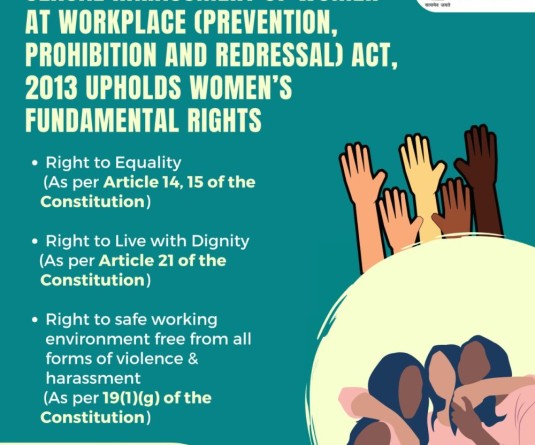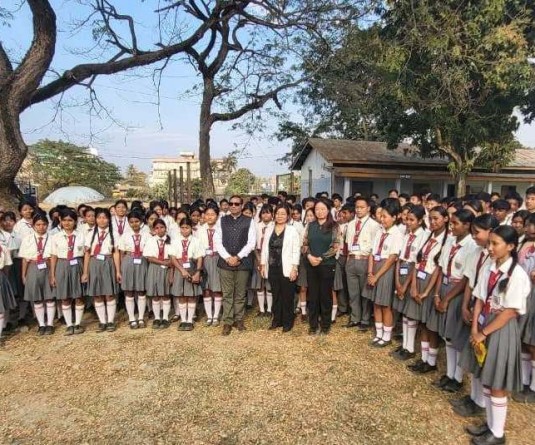
International AIDS Candlelight Memorial Service observed in Kohima
Chizokho Vero
Kohima | May 20
Nagaland today observed the 35th International AIDS Candlelight Memorial Service here under the theme ‘Reflecting on our past, preparing for our future,’ where a clarion call was made towards putting in a concerted effort to reduce the spread of HIV.
Held at RHFPC Satellite Centre, it was jointly organized by NNP+, KNP+, Family Planning Association of India (Nagaland Branch), Kripa Foundation, NUN, Kohima Users Network and ARK Foundation.
International AIDS Candlelight Memorial Service serves as a community mobilization campaign to raise social consciousness about HIV and AIDS.
ARK Foundation President, Ketho Angami informed that there have been 23,163 HIV reported cases in Nagaland (1999-March 2018). Of this, 1521 AIDS related deaths have been reported in Nagaland, he said.
Expressing serious concern over the increasing number of new HIV infections, he stressed on the need to revamp the approach strategy.
“We need to do a lot better. As long as there is new entry in HIV infection, there will always be a need to provide treatment,” he said. Ketho added that there have been significant challenges in regard to ARV shortage-stock outs, breakdown of CD4 machines, and the lack of a viral load machine in the state.
“Our approach strategy has to shift focus in preventing new infection among the youth population (25-34 (41%) and also mull on preventing the ANC and Sexual route of transmission in the state, which attributes to 91% of the total mode of HIV transmission in our state,” he said.
There are 16,983 registered on ART till March 2018, while only 11,444 have been put on ART, and as of this period’s report there are 7290 on ART who need regular medication, and monitoring test.
Informing that TB is the most common infection, he said: “to win the battle over AIDS, we cannot continue to have a lukewarm approach towards TB. The working relation and partnership has to start between NSACS and RNTCP and the NGOs working on AIDS.”
He further viewed that a similar approach has to be formulated with the health department on viral hepatitis for treatment of HIV and Hepatitis co infections.
He meanwhile called for reactivation of the Legislators' Forum on AIDS (LFA), adding that when there is massive need for combating AIDS, political will cannot be confined only to the Rs. 1 lakh contribution.
“Our legislators have to budget certain provisions for innovative strategies on top of the NACO stereotype approach which is not yielding a satisfactory result. It is time for the Chief Minister to convene the meeting of the AIDS council,” he said.
He urged policy makers to re commit themselves to preventing further AIDS related deaths in the state.
NNP+ President, Lanu Aier said that the International AIDS Candlelight Memorial Service serves as an important intervention for global solidarity, breaking down barriers of stigma and discrimination and giving new hope to a new generation.
“This evening as we reflect on our past endeavors to reduce HIV, the good and difficult times, not forgetting the courage of those who stood for the infected and affected despite stigma and discrimination they faced and those departed brothers and sisters, known and unknown,” he said.
He asked all to work together eradicating HIV related stigma and discrimination; and called for quality prevention and access to care, support and treatment.
N-NagaDAO president Abou Mere meanwhile said that when the first HIV case was diagnosed in Nagaland in 1990, there was no cooperation and no support from the civil society, Church or even families. Now the situation has changed with NGOs and churches supporting key populations, he observed.
“But the sad part is the government has become complacent. Even in today’s programme, there is no government logo on our banner. Before, we all worked as a team and in a mission mode, but now the government has gone on a project mode. So where are we going now?” he questioned.
He meanwhile expressed concern that prevalence is highest among the most productive group, the youth. “If we lose the key population to the virus, will we be able to enjoy the fruits of solution and development?” Mere posed.
Senior journalist H Chishi who was guest speaker said that HIV is likely to have a greater economic impact than other endemic diseases because it affects primarily adults in their economically most productive years.
Adults aged 15 to 50 are usually the economic backbone of their families and their communities, he said adding that their illness and death result not only in lower incomes for surviving family members, but also poverty, including worsened health and reduced investment in the survivor’s future productivity.
Based on evidence from surveillance, programme monitoring and feedback from the concerned populations, the national response will accelerate HIV prevention in key and at risk populations to reduce HIV infection, he said.






